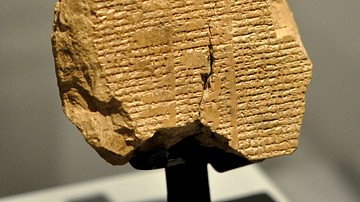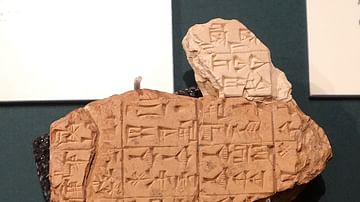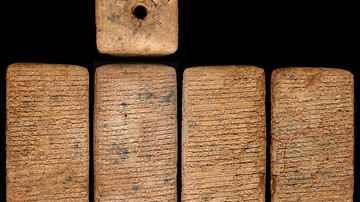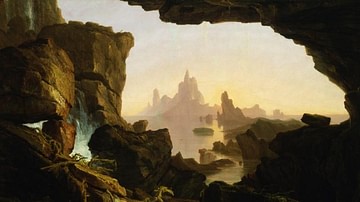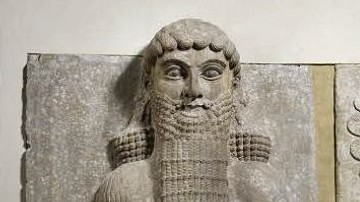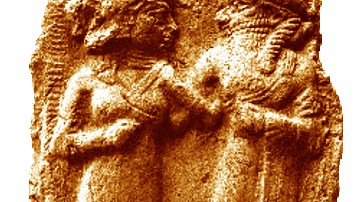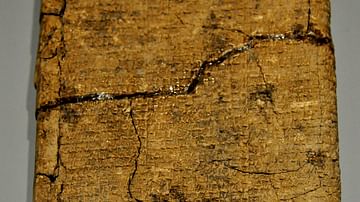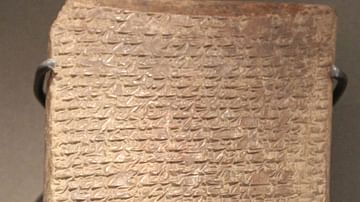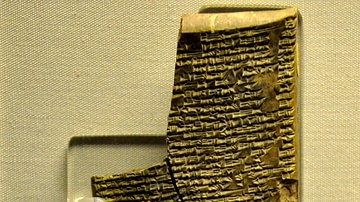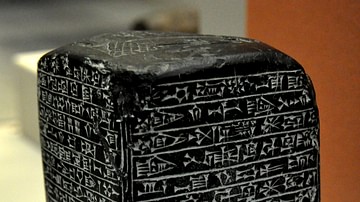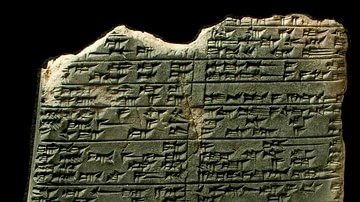The literature of Mesopotamia dates from c. 2600 BCE when scribes began composing original works in the region of Sumer. The Sumerians invented writing c. 3500 BCE, but it was then mostly used for record-keeping. The literature of ancient Mesopotamia influenced the works of other civilizations including Egypt, Greece, and Rome.
The pieces in this collection represent only a very small fraction of the body of Mesopotamian literature which included hymns, wisdom literature, historical fiction, history, poetry, mythology, legends, incantations, prayers, proverbs, didactic literature, and the epic tale, which was first established in the world through The Epic of Gilgamesh. The literature of ancient Mesopotamia is also distinguished by the first author in the world known by name, the Akkadian poet Enheduanna (l. 2285-2250 BCE), daughter of Sargon of Akkad.
